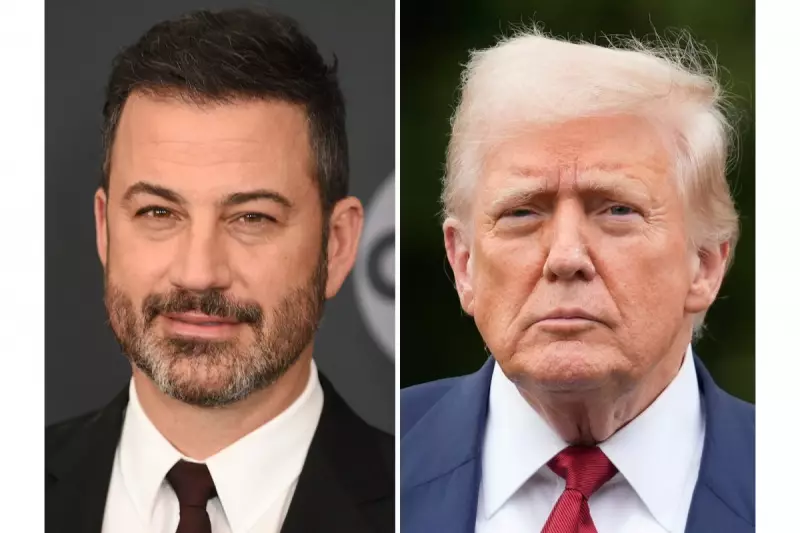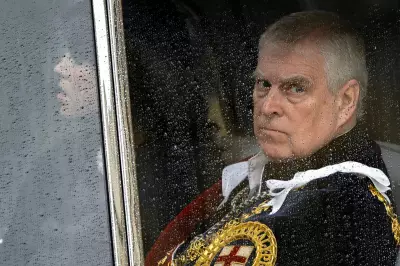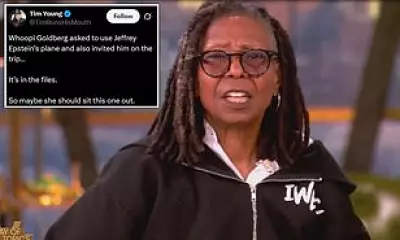
The bitter feud between former US President Donald Trump and late-night television host Jimmy Kimmel has escalated, transforming the comedian's show into an unlikely frontline in America's ongoing culture wars. What began as standard political ribbing has evolved into a deeply personal and intensely political conflict, capturing the nation's divided attention.
The Genesis of a Televised Rivalry
Kimmel's scrutiny of Trump intensified significantly following the former president's controversial comments about veterans and his numerous legal entanglements. The comedian has dedicated substantial airtime to dissecting Trump's courtroom dramas, political manoeuvres, and public statements with a characteristic blend of humour and biting criticism.
This relentless focus has not gone unnoticed by its subject. Trump has repeatedly fired back on his Truth Social platform, labelling Kimmel as 'stupid,' 'unfunny,' and even questioning his longevity on television. The public nature of this exchange highlights how entertainment and politics have become inextricably linked in modern American discourse.
Beyond Punchlines: A Cultural Battleground
This confrontation represents more than mere celebrity sparring. Kimmel's position as host of high-profile events like the Oscars has provided a massive platform for his political commentary, ensuring his jabs reach far beyond his regular late-night audience. His willingness to directly challenge Trump and his supporters has made him both a hero to liberals and a villain to conservatives.
The dynamic illustrates how late-night television, once considered pure entertainment, now plays a significant role in shaping political narratives and reflecting the country's deep ideological divisions. Kimmel's monologues have become a regular source of outrage and amusement, depending on one's political affiliation.
The Personal Becomes Political
The conflict took an unusually personal turn when Trump recently set his sights on Kimmel's wife, making critical comments about her appearance. This move was widely condemned as crossing a line, even in the rough-and-tumble world of political entertainment. Kimmel responded with characteristic wit, though the incident underscored the increasingly bitter nature of the exchange.
This personal dimension adds another layer to the conflict, demonstrating how America's political debates increasingly involve personal attacks and ad hominem arguments rather than substantive policy discussions.
A Mirror to American Division
The Kimmel-Trump feud serves as a microcosm of broader American cultural conflicts. It demonstrates how entertainment figures have become combatants in political battles and how every platform—from social media to award shows—has become politicized.
As the United States moves toward another presidential election, this type of cultural sparring is likely to intensify, with late-night television remaining both a reflection of and participant in the nation's deepening political divisions. The battle between Trump and Kimmel represents just one front in a much larger war over the soul of American culture and politics.





